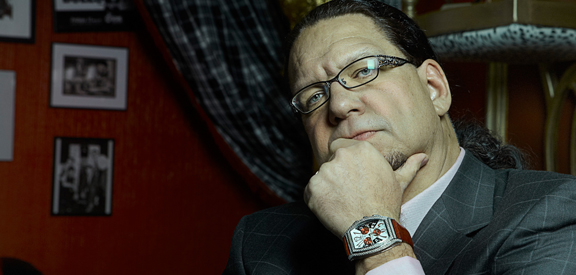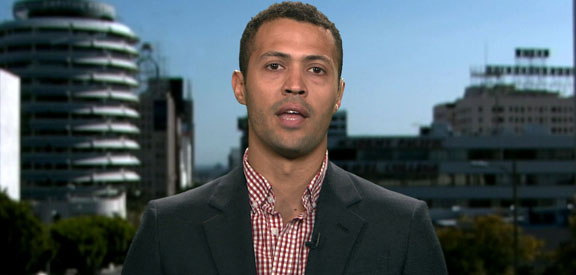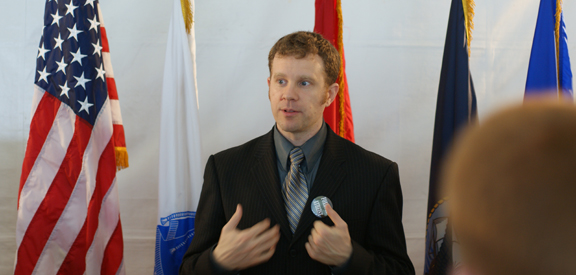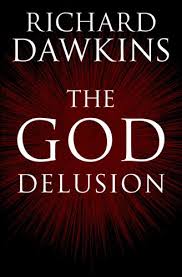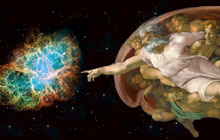“Supposing there was no intelligence behind the Universe, no creative mind. In that case, nobody designed my brain for the purpose of thinking. It is merely that when the atoms inside my skull happen, for physical or chemical reasons, to arrange themselves in a certain way, this gives me, as a by-product, the sensation I call thought. But, if so, how can I trust my own thinking to be true? It’s like upsetting a milk jug and hoping that the way it splashes itself will give you a map of London. But if I can’t trust my own thinking, of course I can’t trust the arguments leading to Atheism, and therefore have no reason to be an Atheist, or anything else. Unless I believe in God, I cannot believe in thought: So I can never use thought to disbelieve in God.” – C.S. Lewis
Given what is said on both sides, and given what is at stake, it is not reasonable to assume that this debate will ever come to an end. Each of us must think through the issues, and all kinds of questions should be considered.
For instance, what is religion? Does the belief that no god exists constitute a religion of its own? If so, it is inappropriate to consider atheism as something other than another religion, which ought to be discussed within a religious context. Many prefer to discuss atheism in a “scientific” setting rather than a religious or philosophical one, but then seek to engage in religious and philosophical discussion as well. We are not allowed to have a double standard in this arena anymore than elsewhere.
Another large question that looms over this issue is that of inherent design. If life on earth was produced and is now maintained within a fairly narrow margin of life-supporting context, then from where did this design come if not a primary or supernatural mover?
To help finish this course experience, we direct you to an online discussion that the New York Times put together concerning the idea that atheism is another kind of religion. Read through the following material to better understand the various sides to this issue.
Is Atheism a Religion? (Source)
In Britain, where the Church of England is a laughing stock lately, the percentage of Britons professing no faith has nearly doubled in the last decade — which might explain the rise of an atheist church.
In the U.S., Susan Jacoby recently wrote, moments of tragedy can be a reminder “of what atheism has to offer.” The philosopher Gary Gutting adds that atheists, like religious people, ought to articulate reasons for their beliefs (or lack thereof).
Can atheism replace religion? Is it a religion?
The following are a series of brief essays intended to explore this issue.
Don’t Replace Religion; End It
At Atheist Church, No Faith Required
Atheism Can Have the Worst Traits of Religion




